The presentation of the book “On Tyranny” took place at Newmag Summer Fest (video, photos)
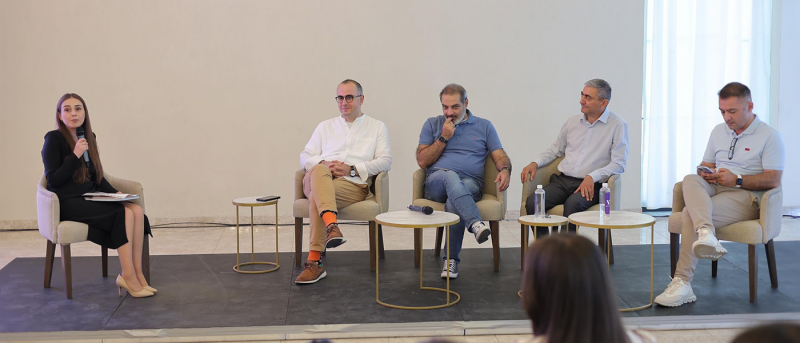
The book "On Tyranny" presents the darkest pages of the 20th century, from Nazism to Communism. 20 lessons on how to resist modern authoritarianism. The author is Timothy Snyder, a well-known public figure and leading historian in the USA and Europe, whos
The co-author of the book “On Tyranny” is the German artist Nora Krug. Her pictures and illustrated stories have appeared in The New York Times, The Guardian and Le Monde. In the book, along with the illustrations, the artist used archival photos to show with historical facts how political decisions affect people's lives. In one of the interviews, Krug said: “Timothy Snyder and I have the same view of the world. The book is a true guide to democracy. It helps to identify the signs of dictatorship and tyranny. If we don't learn the lessons of history, we will make the same mistakes over and over again. First of all, these are lessons for societies that are on the verge of democratic collapse".
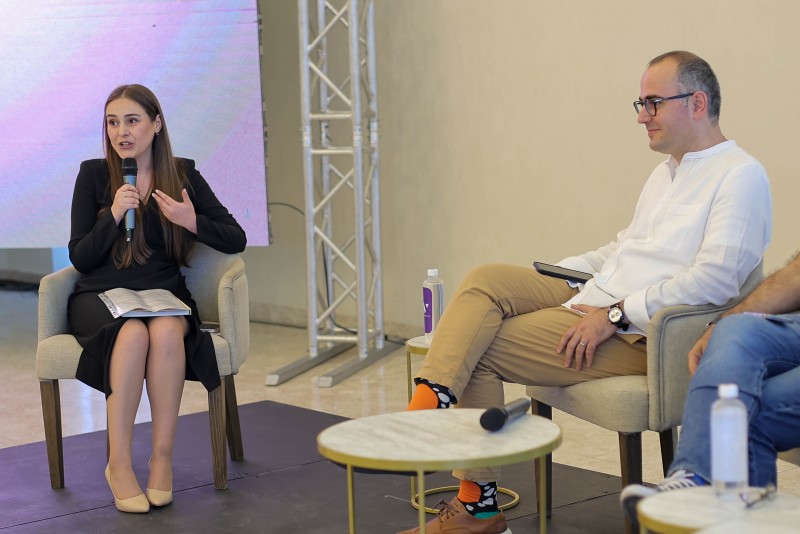
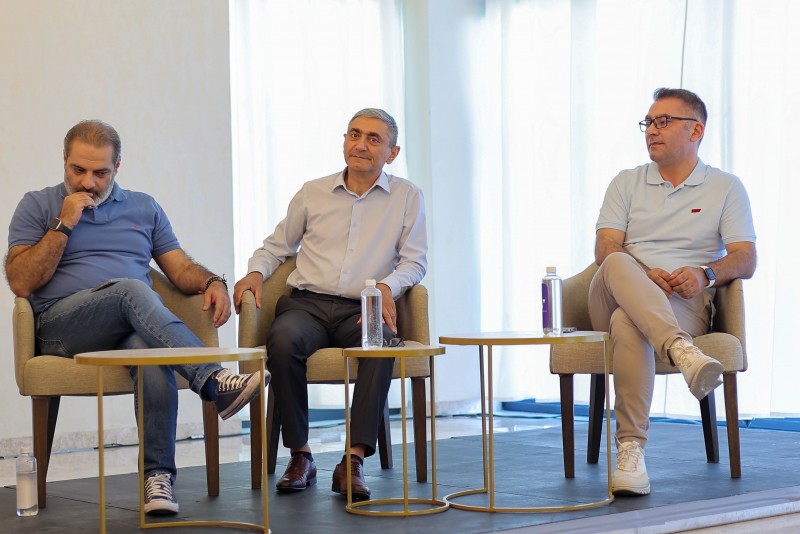
The translator of the book is Hovhannes Nikoghosyan, a political scientist. First, he recommends reading the book. “Let me tell you why. Although the book is about 20 lessons from the 20th century, it is more about fixing the present and preventing a bad future. People's governance has its upheavals and problems, but a democratic system is more protected when it has strong and well-established institutions. When we deal with such leaders who have a great desire to usurp power, they usually start with the judicial system in many countries. In many countries, including the United States, whenever presidents wanted to take power in their hands and rule with a strong fist, they started with the Constitutional Court”.
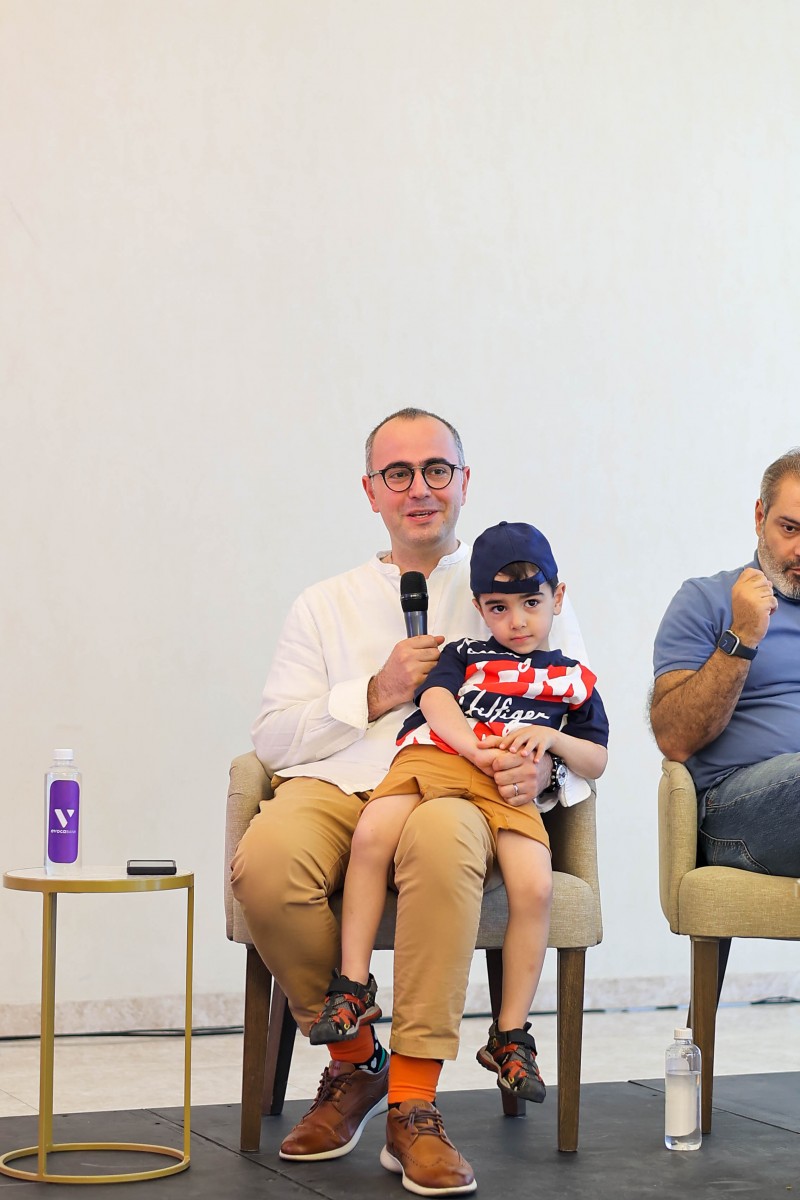
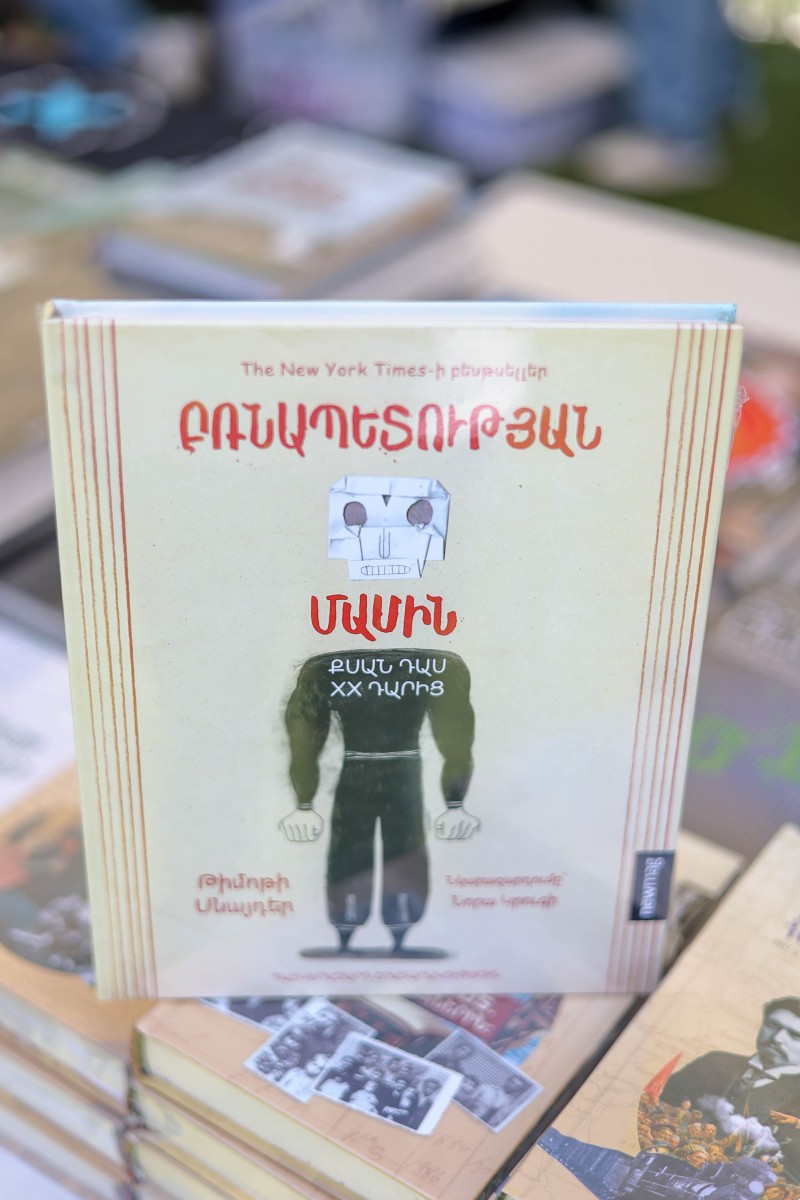
20 Lessons of the 20th Century warns that it is necessary to study everything to the maximum extent. You need to express your thoughts, not stencil phrases. Gnel Nalbandyan, editor-in-chief of the Newmag publishing house, stressed that one of the effective steps against dictatorship is independent thinking, and the most serious enemy for dictators is a person who thinks independently.
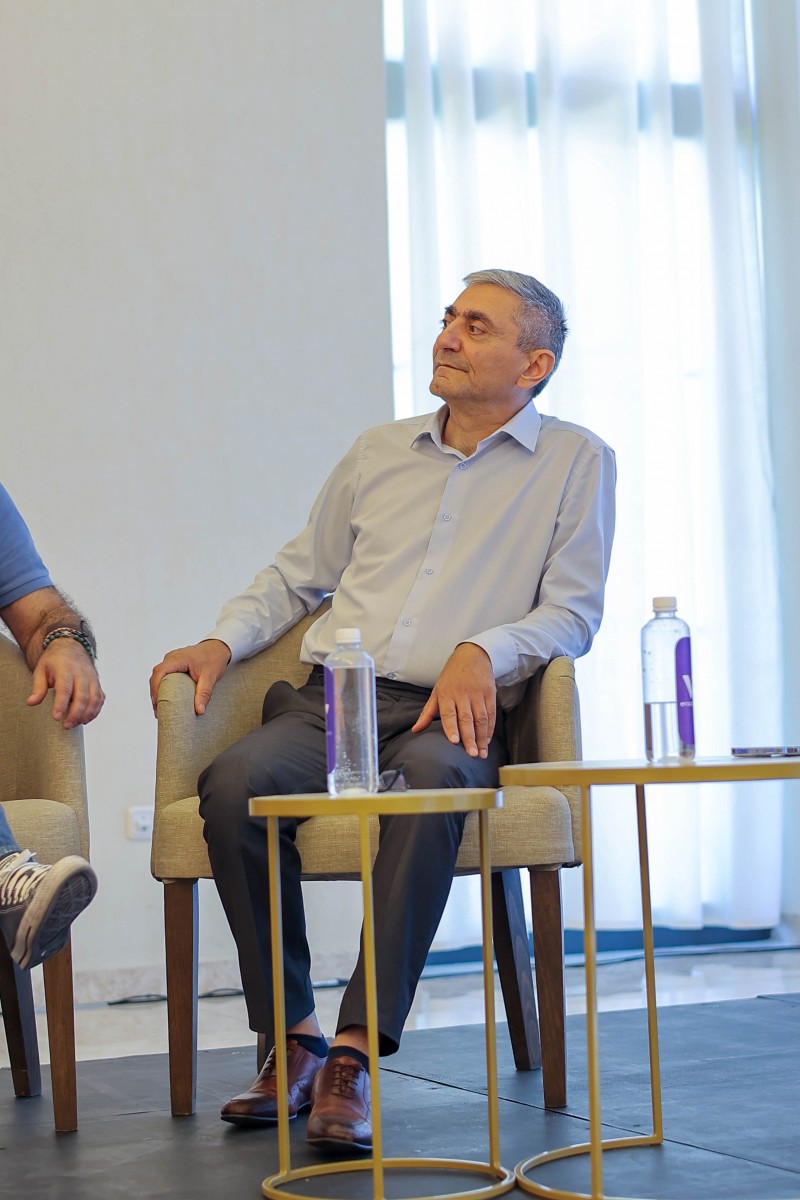
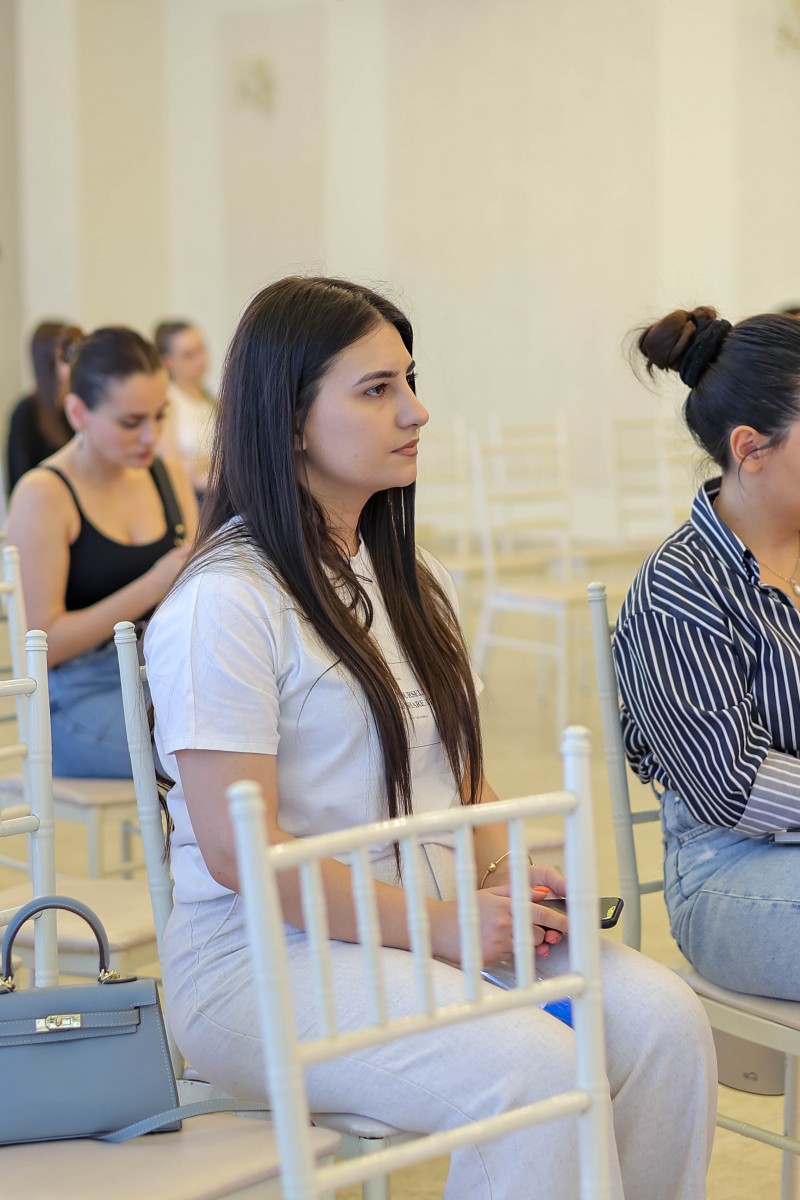
“Dictators always need biomass ready for mass action, just following orders. The main task of those who do not obey propaganda is to do their research, not to repeat like a parrot what they heard, for example, on TikTok, Facebook, or TV. One has to wonder if it is true or not. If you are told that there was a revolution, think for yourself, what does revolution mean? You're just repeating someone's constructed phrase. If they tell you that Karabakh is not an Armenian territory, don't repeat it, but think about how you can determine whether Artsakh is Armenian or not, what is the historical basis of it? Judge independently and make your own decisions to take responsibility”.
Political scientist Aspet Gochikian considers the book's approach remarkable and up to date, from the state system to educational institutions can have this work at hand. “For example, if the management restricts the right to speak. It is also very important to understand the cultural component here, that there are social or different groups that according to it have their approach. There is no single solution, each case should be looked at in its way”.
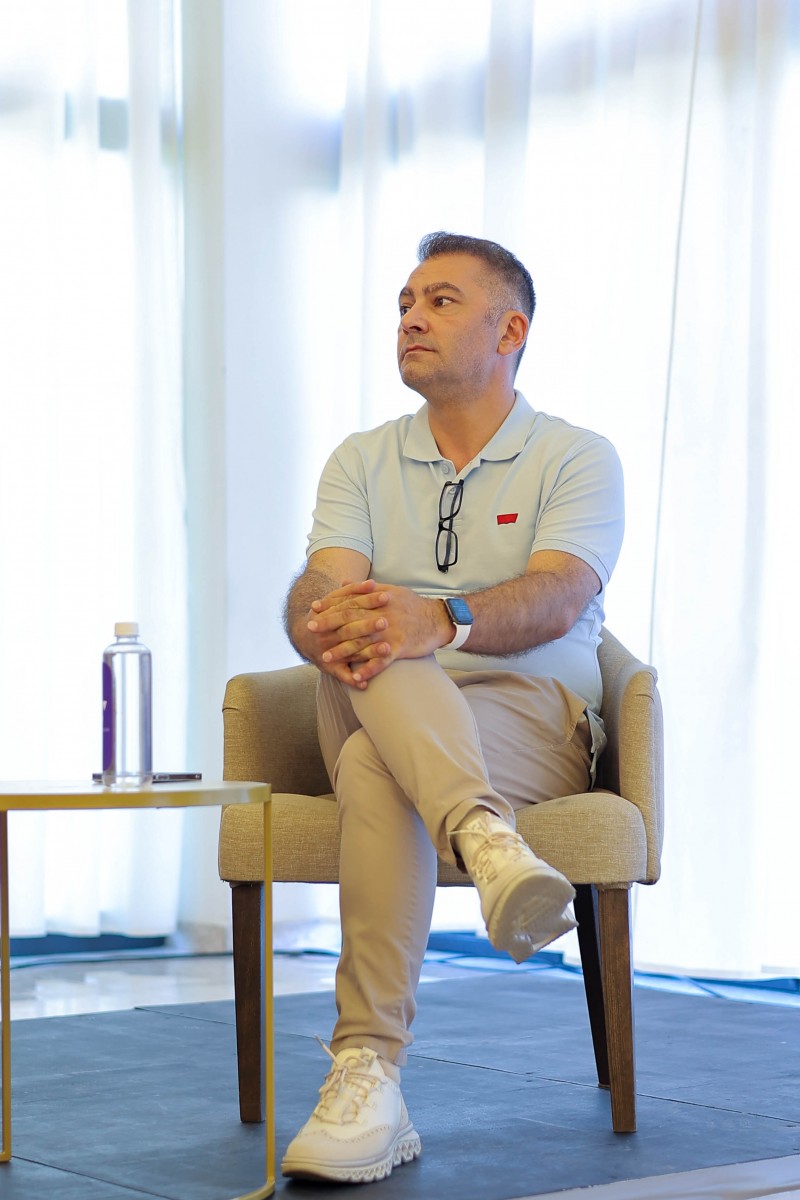
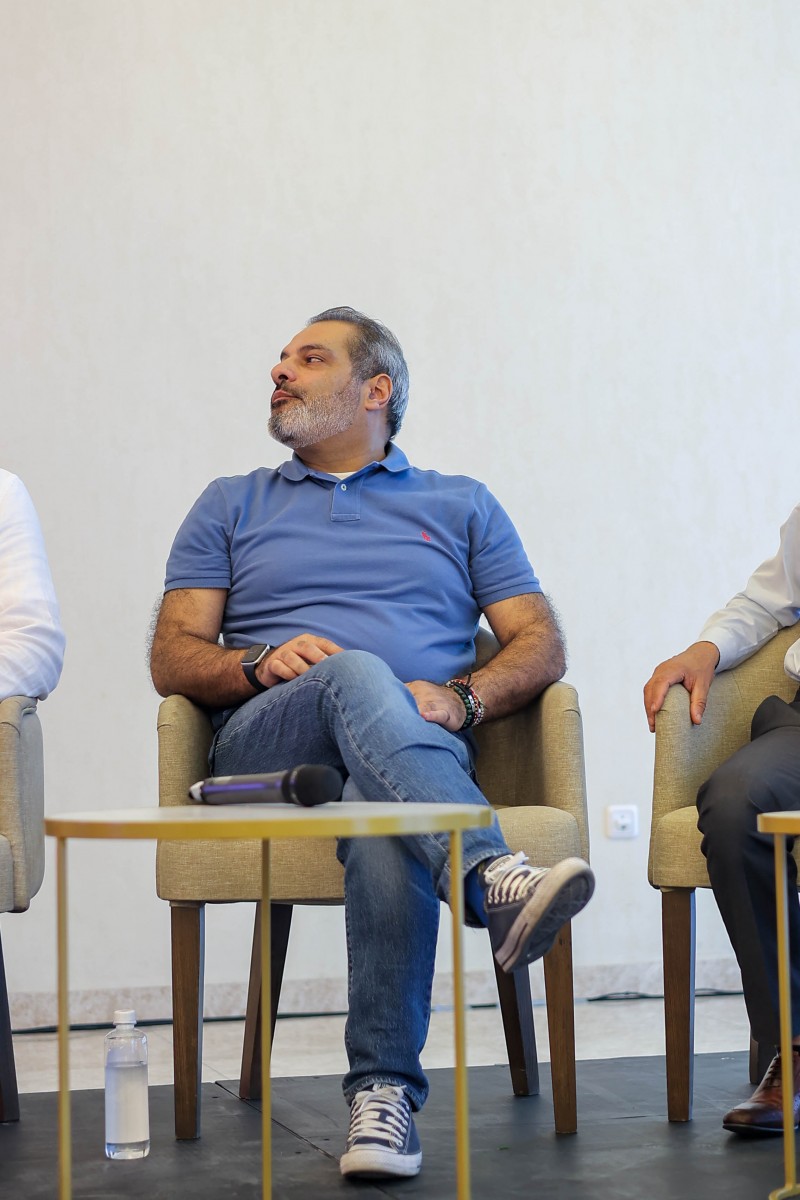
Artak Aleksanyan, the CEO of Newmag, emphasizes the importance of putting current political science literature into public circulation so that people understand what a populist government is and what a dictatorship is. “People are starving in Artsakh; we are discussing Eurovision. It is also a form of dictatorship when society is disoriented, does not distinguish between what is primary and what is secondary, what is of vital importance and what is secondary to discuss”.
Read also

Winterfest to feature David Georgyan’s sci-fi action novel Impedance (trailer)

At Winterfest 2026, Newmag will present Marianna Hakobyan’s “Don’t Change the Names” (trailer)

Closing and Award Ceremony of the “Sprout in Armenian – 2025” Competition at Newmag Winterfest

“I hope my story will inspire many and help them keep believing and dreaming.” Henrikh Mkhitaryan’s welcoming speech to Armenian fans (video)

